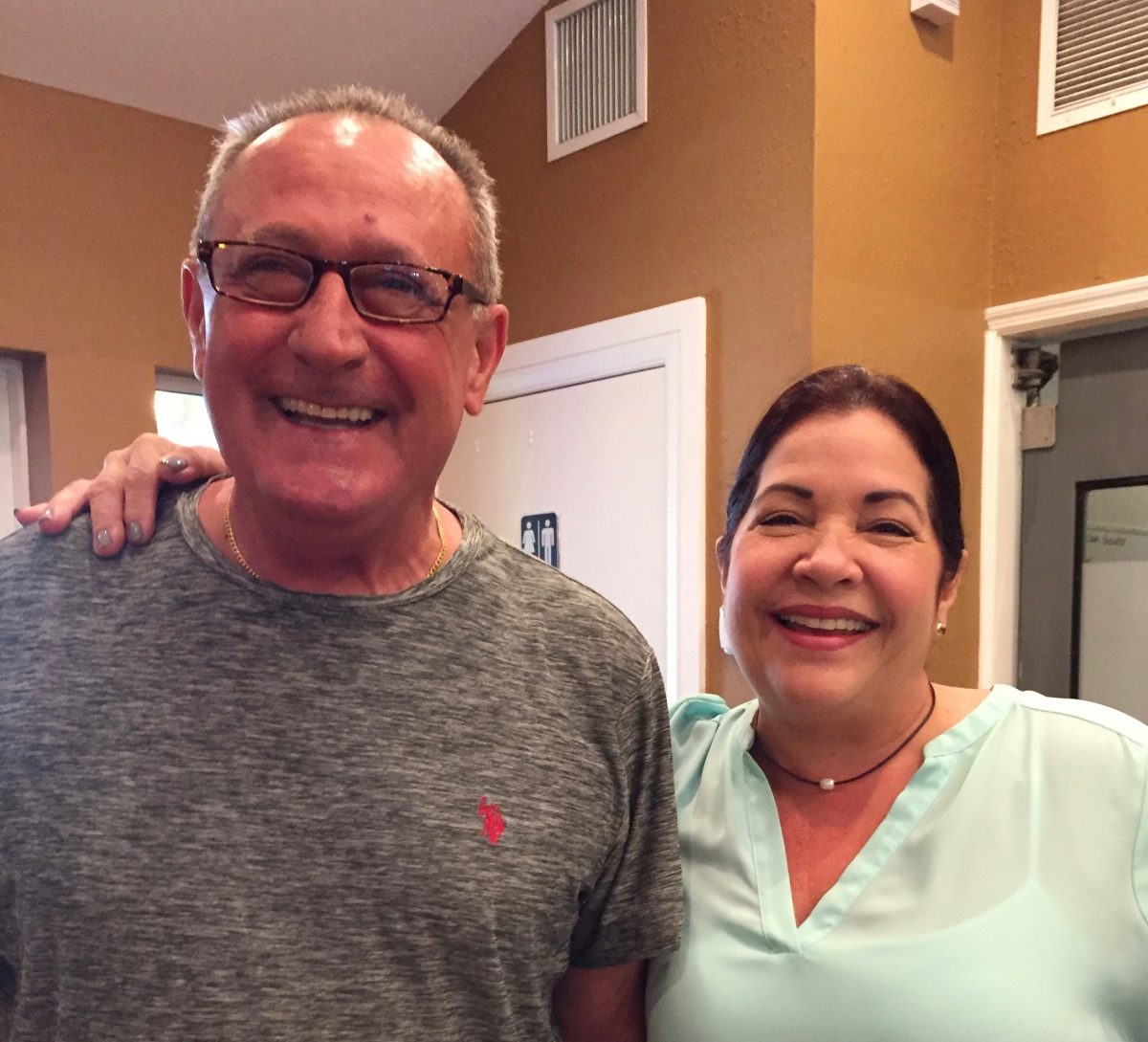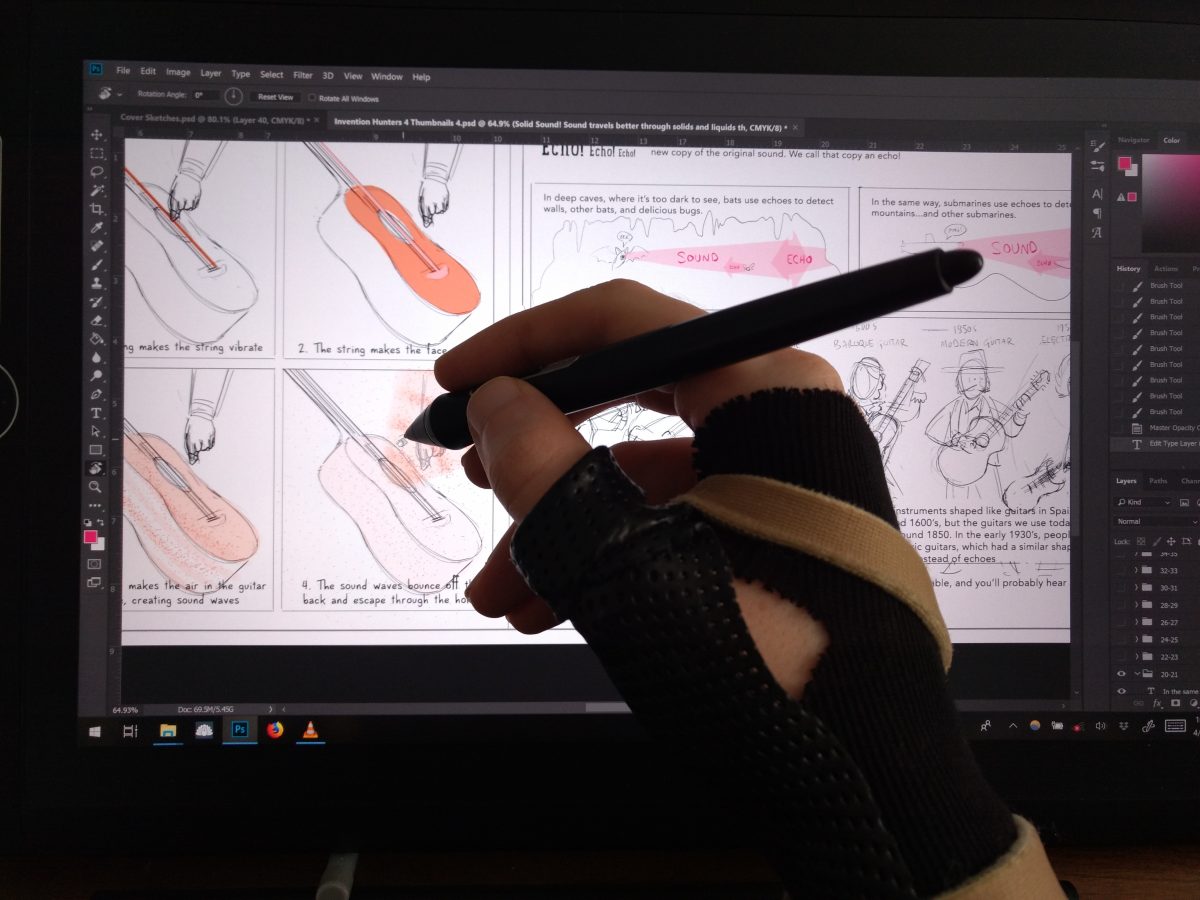There are now 23 – What? Oh, New York’s de Blasio? OK, make that 24 – Democratic candidates for President.
That’s either very stupid or very smart. I’ll go with stupid, because politics is stupid, at least for the most part.
Years ago, I was a Republican Committee man for Malvern Borough. My job was to find candidates for public office, go door-to-door with them, hand out literature, put out yard signs, and stand around the polls on election day, appearing to be nice to Democrats, but really trying to backstab them to any voter who would listen.
OK. I didn’t backstab. But I could have.
There were area “dog and pony shows”, at which candidates for local offices would make pitches. Some were good, but many were out-of-work dog catchers. Their qualifications were, generally, very similar: good attendance at church, high school graduates, no domestic violence, earnest expressions, short hair (men and women), fewer than three divorces, kids with straight teeth and straight A’s, and genetic loyalty to the Republican Party.
Committee people would listen intently and vote our favorites. Usually that would be neighbors, or friends. Once in awhile, it would be for someone who might make a good politician.
Again – not that bad, but close.
After the “dog and pony shows” was the county Republican convention. All the committee men and women would gather to vote on candidates who had made it through the dog and pony shows. By that time, the powers within the County would have quietly informed everyone who to vote for. There would be perfunctory (and very boring) speeches, and then votes, which generally went according to plan. In Chester County, PA, which at that time was, I don’t know, 105% Republican, the fix was in.
I tried a few times to buck the system. Once, at my urging, Betty Burke (the Republican Committee woman and for decades a real power in the County) and I backed a Democrat for our town Council.
When the big shots threatened to throw us out of the party, we told them we had been unable to recruit a qualified Republican. That was sort of true. The Republican possibilities were bozos and the Democrat was smart, understood city planning, and seemed to love the little town.
Because Betty had more clout than the top County Republicans, they backed off.
It turned out to be my biggest and longest lasting mistake. My choice, Woody Van Sciver, a general contractor type, backed a nearly quarter of a mile long, five story high, poorly constructed city-like apartment complex that towers over the main entrance to what had been a charming little village, the tallest house up being a three story Victorian.
Fortunately Betty didn’t live to shed tears for the little town she loved. Or call me to task.
The Democrats had a process similar to Republicans for choosing people, although at that time, they were hard-pressed to find any candidates (remember, this was WBT, Way Before Trump). They loved intelligent conversation and genteel debates, but hated being told what to do.
I was sneaked into one of their County Conventions once. It consisted of talking, and talking,… and talking…
“Let’s hear from everybody who wants to be heard before we vote.”
After an hour and a half, I left. I imagine, at some point, they drew straws for the winners. That way, no-one’s ego would have been shrunk.
Republicans are team players – to a fault. Democrats are talkers – to a fault.
Is it just earnestness and ego that makes 23 people, most unknown nationally, think they should be President? Or do they know something? A prize, perhaps? For the most miles traveled? Most appearances on Morning Joe?
Hey! Next to live sports, we know politics gets the most eyeballs and clicks. Maybe the media is behind it. Maybe this whole thing is a scam by the media!
Nah… Now I’m buying into Trump-anoia.
But it is an enigma. Every one of these candidates has a good resume. Most have real government experience of one kind or another. They are all smart, successful, capable. If enough of them ran for the Senate, where they have a good chance of winning, the Democratic Party would control both Houses.
Instead of that, the Democrats have fielded a 23 person circular attack squad, almost assuring Trump will be back for four more.
See what I mean about stupid?




